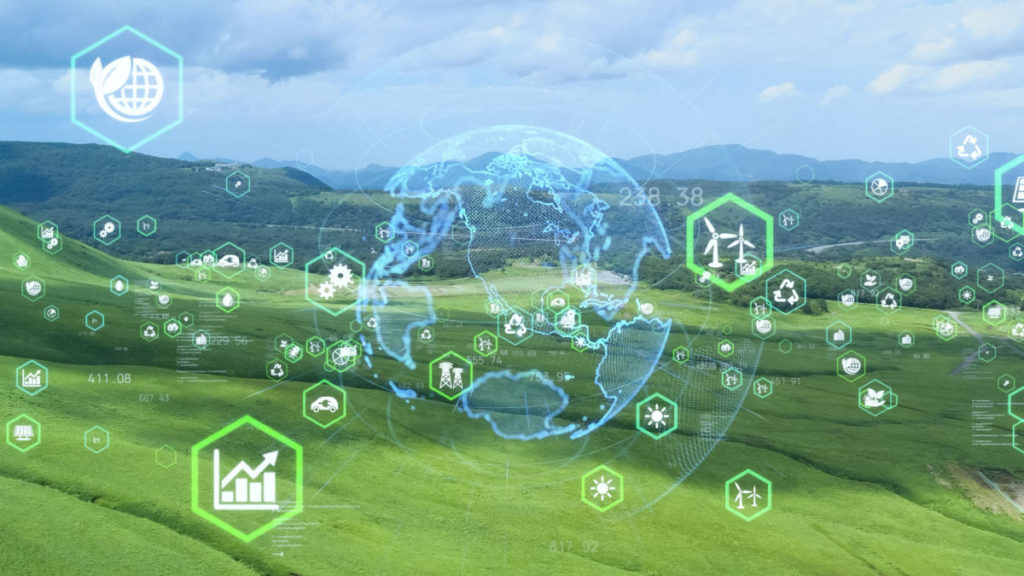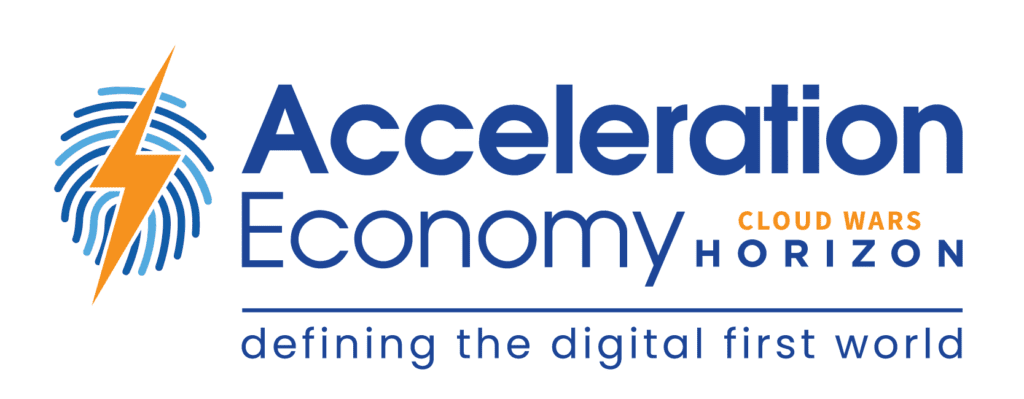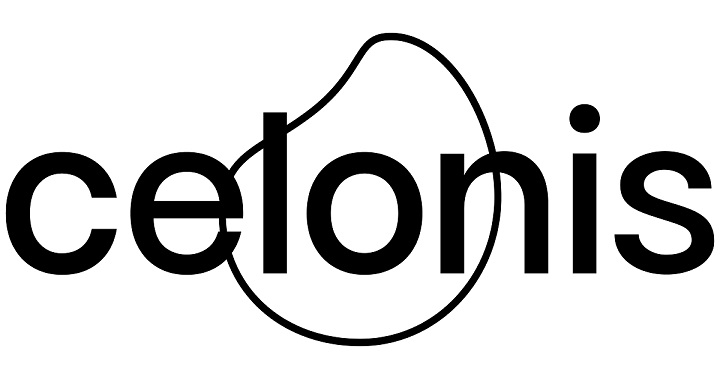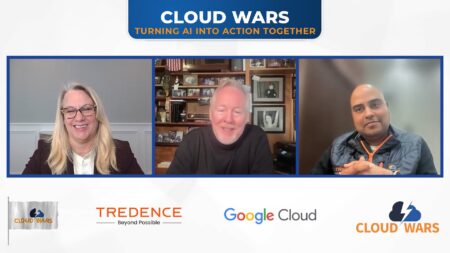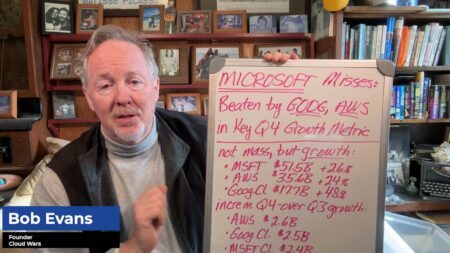Celonis put a major focus on sustainability — through new products, partnerships, and customer successes that aim to help customers reduce their climate impact without causing major financial hits — on day 2 of its Celosphere 2022 conference in Munich.
One important indicator that Celonis’ sustainability apps will address the real-world problems that companies are grappling with: customer involvement in the development. Specifically, BSH Home Appliances, Delphi Technologies, and the Lego Group helped shape the sustainability apps. Three software developers — Climatiq, EcoVadis, and IntegrityNext — collaborated with Celonis in building the apps.
In total, the apps aim to reduce carbon emissions and costs and improve sustainability, not just within a company but across supply chains. They are one tangible way the company can make good on co-CEO Alex Rinke’s previous statement that sustainability doesn’t need to be a money-losing proposition. Noting how a survey had shown supply chain leaders’ willingness to sacrifice profit for sustainability gains, Rinke observed recently: “With Celonis, it doesn’t have to be this way.” He added that customers “understand that processes are the arteries of the enterprise and that every process is a leverage point for business, environment, social, and governance impact.”
Overarching Goals
The sustainability strategy is designed to empower customers to reduce their carbon impact in sustainable ways through the elimination of process inefficiencies. It embeds sustainability practices into day-to-day process operations, in effect, operationalizing sustainability. Three core elements make up this strategy:
- Align people to the right priorities, with those decisions informed by data
- Consolidate data across systems and sources, and reduce the manual work involved in doing so
- Prioritize, then drive actions against the biggest opportunities.
Fix (or Optimize) the Process
The new apps coming from Celonis, a process mining stalwart, take a process-centric approach to solving sustainability problems, including those in the supply chain.
The new Celonis Shipping Emissions Reduction app was developed with Climatiq, which makes an embedded carbon intelligence system, as well as with the aforementioned customers. They provided product and market feedback that influenced the development process.
By integrating the Climatiq Carbon Calculation Engine with the Celonis Execution Management System (EMS), the partners enable customers to calculate emissions from their shipments in real time with industry reporting standards. The app also automates emissions reporting by utilizing shipment data stored in customers’ other information technology (IT) systems. The net effect of this insight: Customers can identify where in their logistics processes they have the highest carbon-saving potential and hone in on actions that can remove or reduce those emissions.
While Celonis’ EMS provides complete visibility on inbound logistics carbon emissions, Delphi Technologies gets even more benefit because “it shows us how we can go beyond just reporting what the figures are and drill down into what we can actually do about it,” says Chris Martin, head of process analytics at Delphi Technologies, one of the three customers involved in co-innovation with the sustainability software.
Manage the Spend
The new Sustainable Spend Management App was developed in partnership with two third-party developers — EcoVadis, a sustainability rating platform, and Integrity Next, a cloud-based, supply chain monitoring platform. There is a Celonis spend management app built to work with each partner’s technology.
The app designed for IntegrityNext integrates with its monitoring system so companies can track compliance with international sustainability standards and regulations in the supply chain. It will help procurement organizations monitor and improve supplier sustainability, increase transparency when it comes to sustainability, and mitigate third-party environmental, social, and governance (ESG) risks.
The app produced under the EcoVadis partnership leverages EcoVadis sustainability scorecards on suppliers so that Celonis customers can automatically remove spend associated with suppliers that are high-risk from a sustainability perspective while also prioritizing highly rated suppliers. Companies can see how their suppliers score in all areas of sustainability including environmental criteria (carbon and ecological footprint), social and labor practices, and ethical parameters.
One compelling use case: Celonis EMS will recommend suppliers who have provided the same material type in the past and already have a strong EcoVadis score to companies to help them decide which supplier is best suited for a particular order with regard to sustainability.
Customer Archroma Capitalizes on Sustainability Tools
Archroma, a provider of specialty chemicals, is working with Celonis to quantify the carbon emissions of more than 150,000 shipments in a pilot project as well as explore opportunities to reduce emissions, the two companies announced on Thursday. The companies have worked together to map the carbon footprint of Archroma’s global shipping network and develop a performance baseline for outbound shipping emissions.
Archroma tapped Celonis to develop a better understanding of the CO2 emissions per product per kilogram throughout its shipping cycle — from its warehouses to the customer’s gate. As a result, Celonis and Archroma started a co-innovation project focused on the order-to-cash process and tracking outbound shipping emissions.
By getting insight into shipment weights and the capacity utilization of trucks, Archroma identified opportunities to bundle shipments, to explore potential reductions in both cost and emissions. The company also identified ways to improve customer relationships by sharing data related to emissions associated with its customers’ orders.
Sustainability is a complex, and potentially costly, business imperative for today’s leaders. Celonis is teaming with the best and brightest from the development community — and importantly, from its customer base to crack this nut. Sustainability is too complex — and there’s too much at stake — for any one software vendor, partner, or customer to single-handedly solve the sustainability problem.
For more exclusive coverage of innovative cloud companies, check out Cloud Wars Horizon here:


